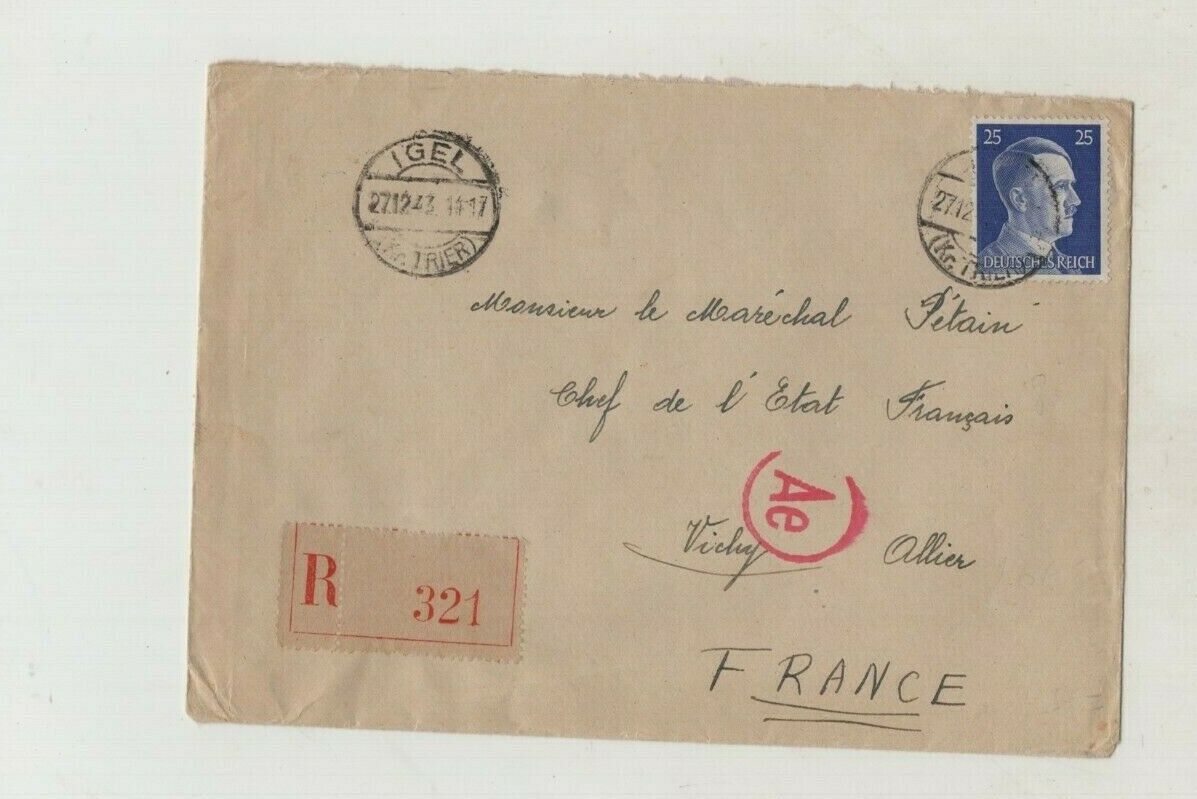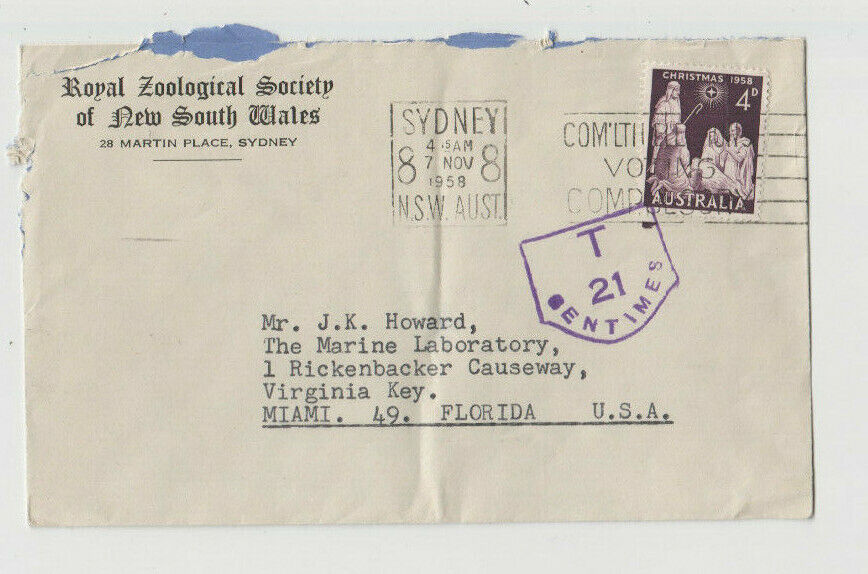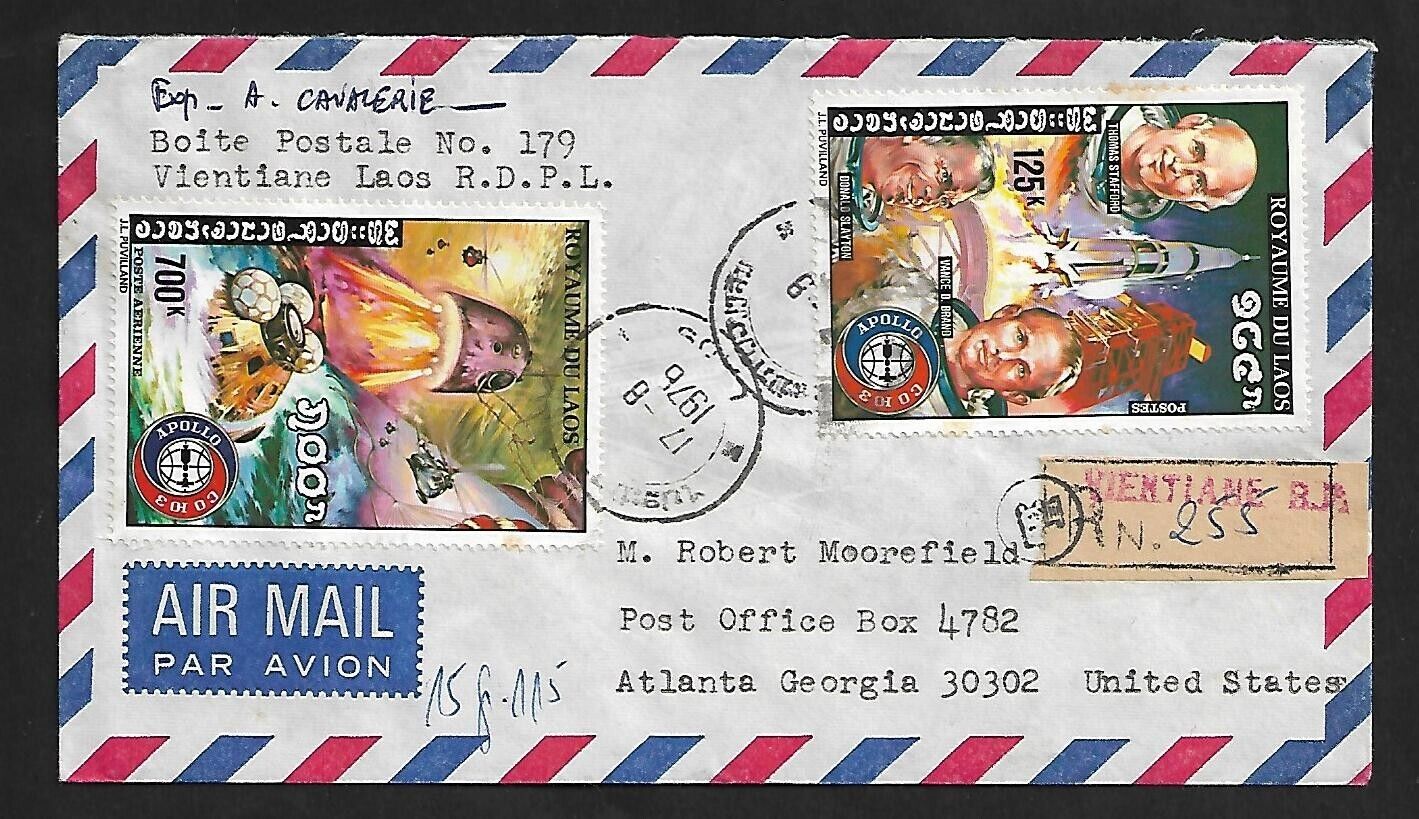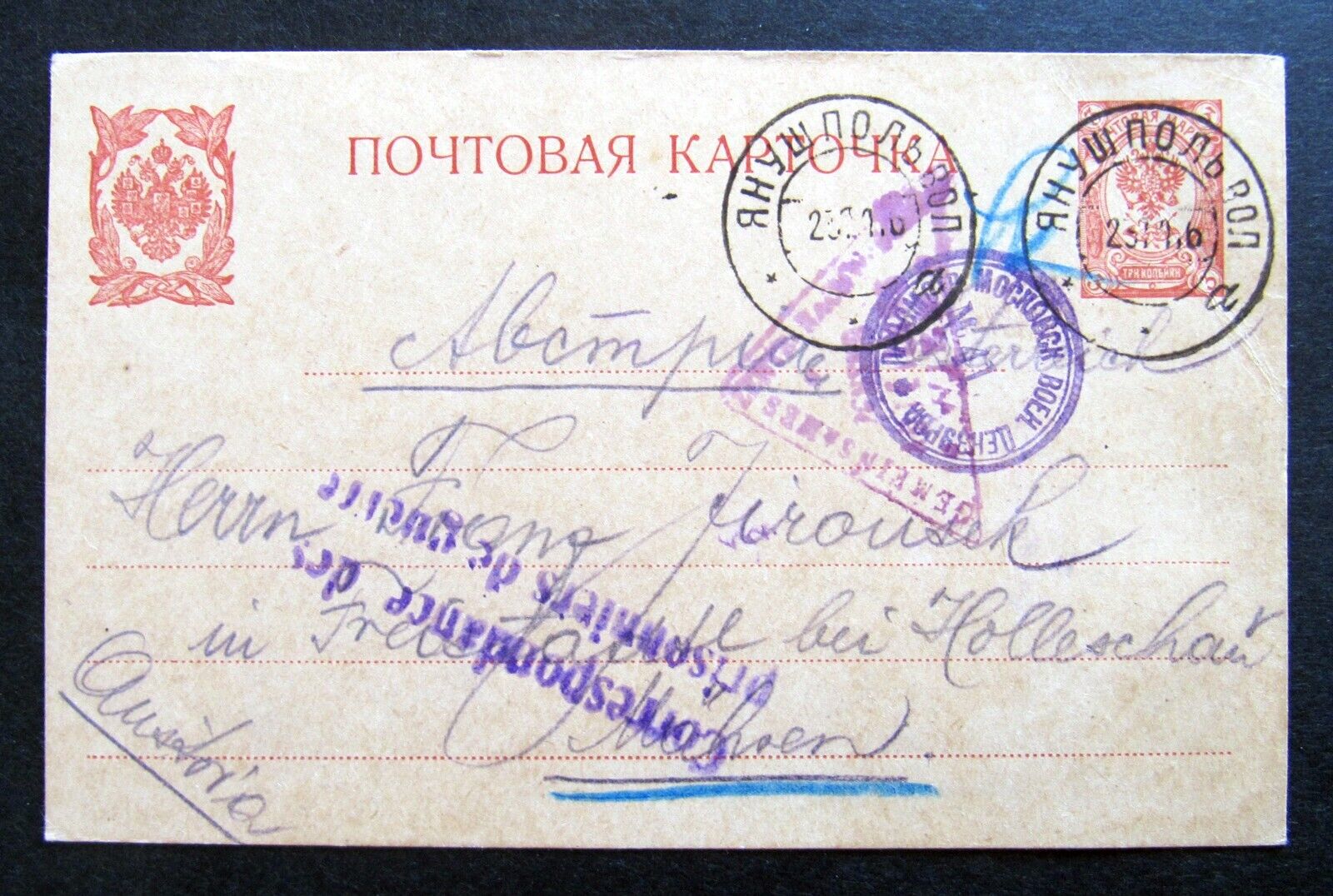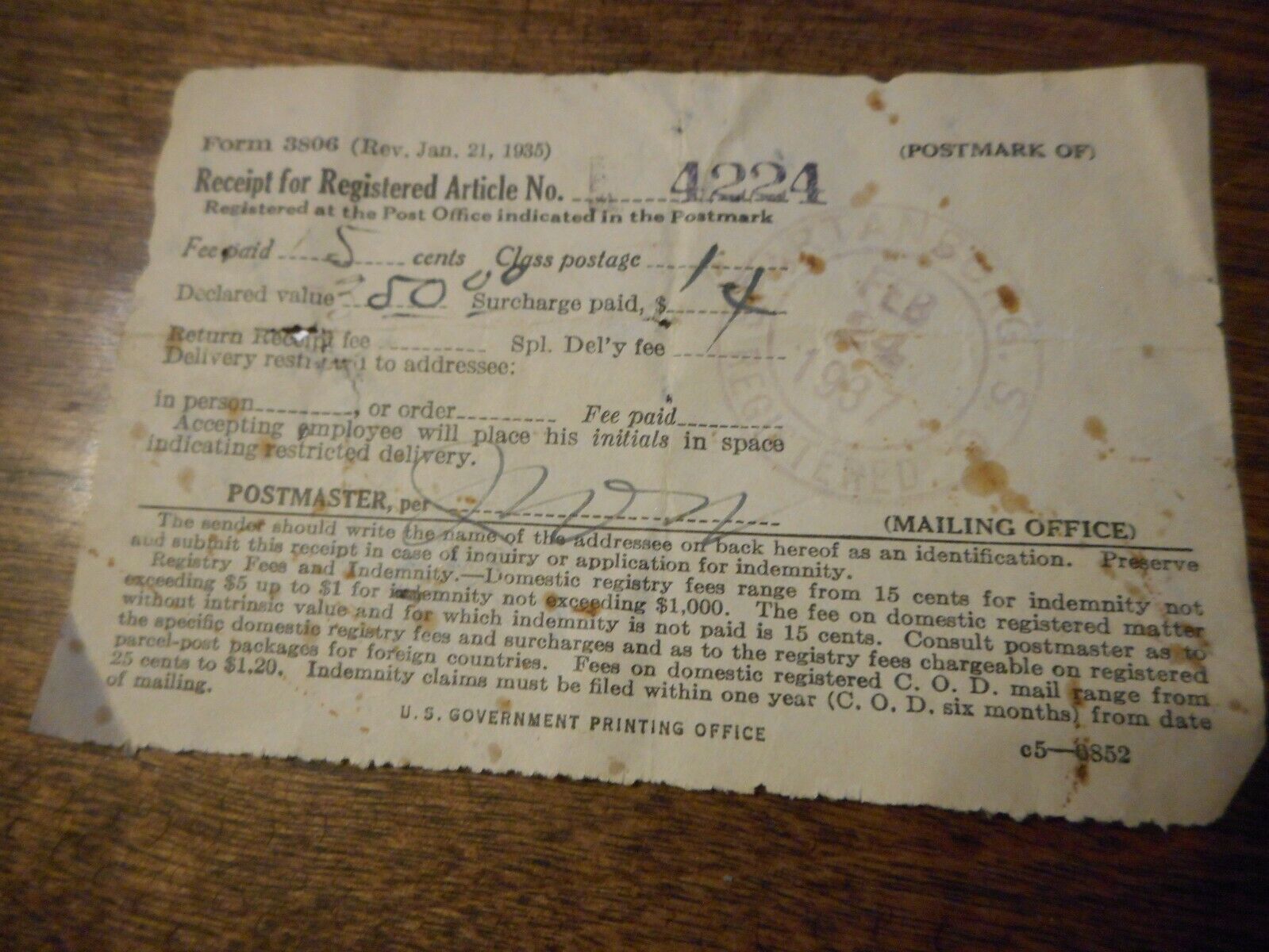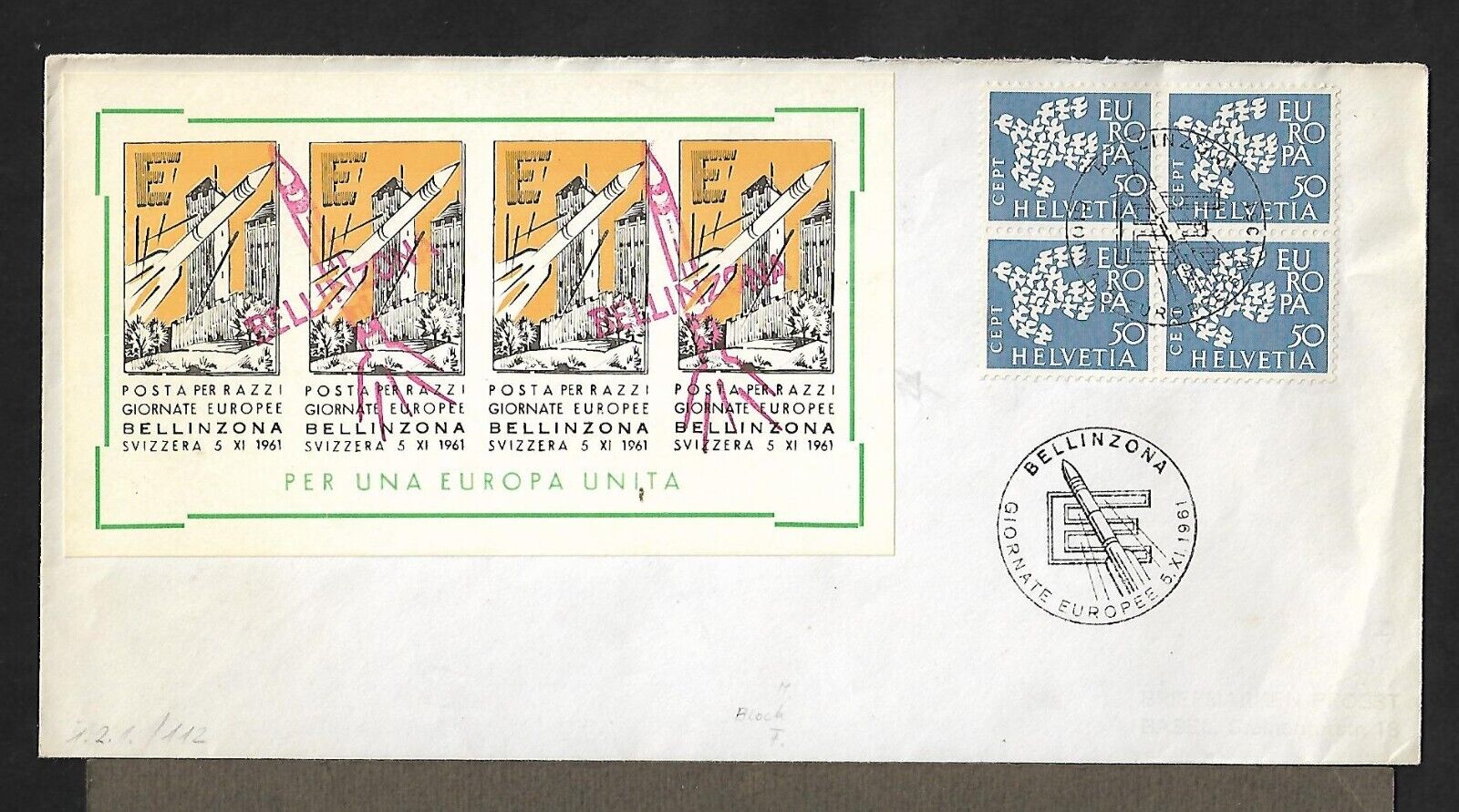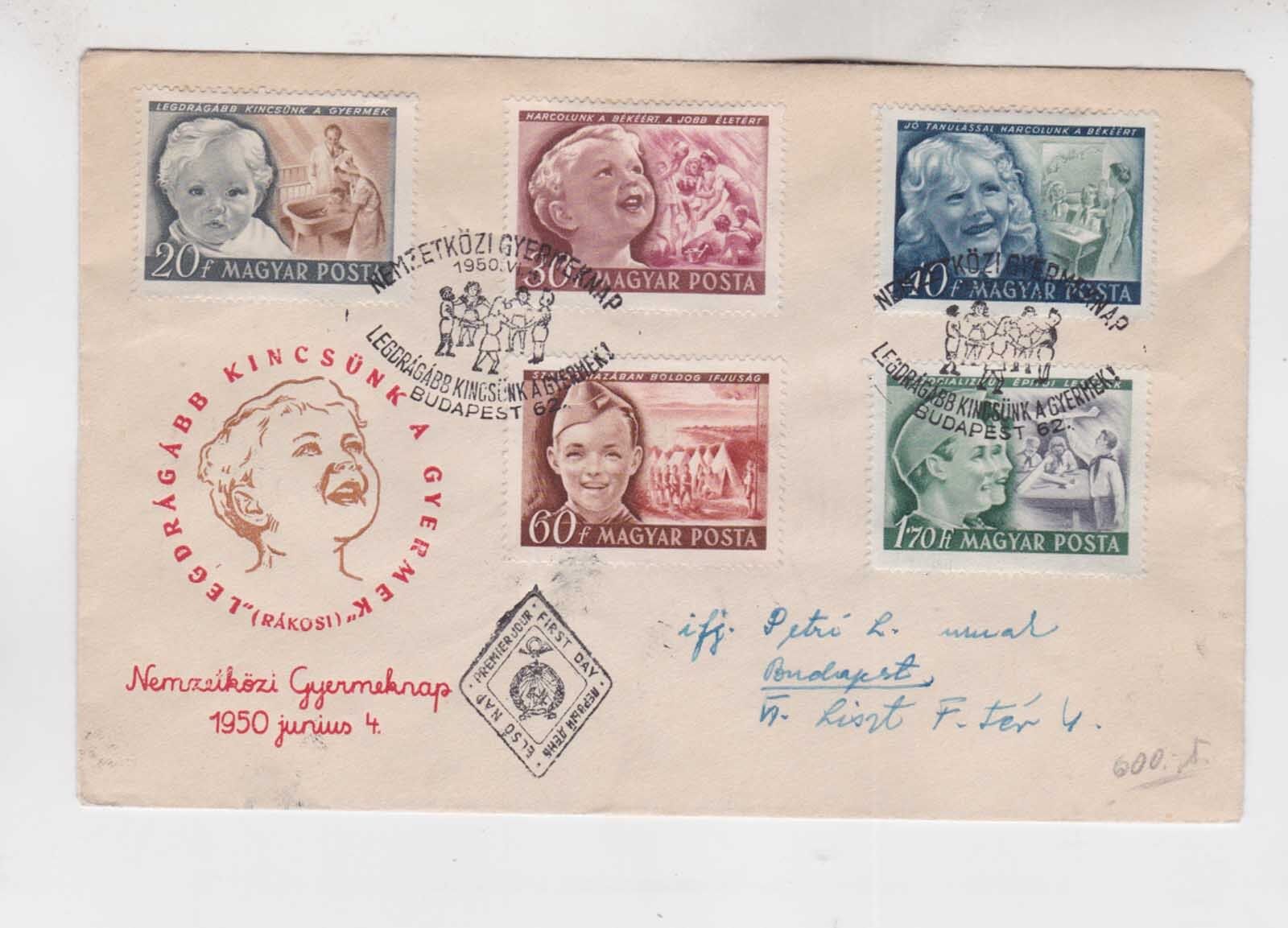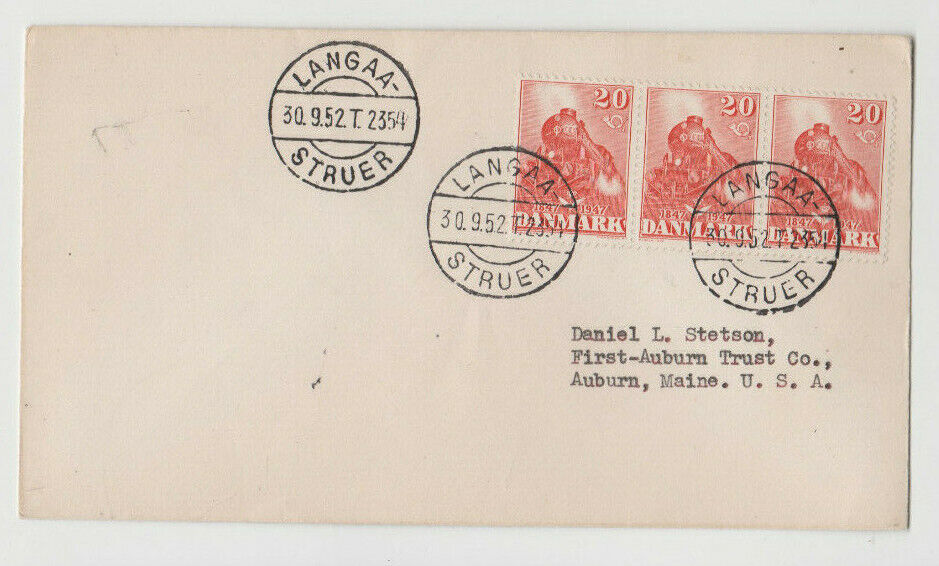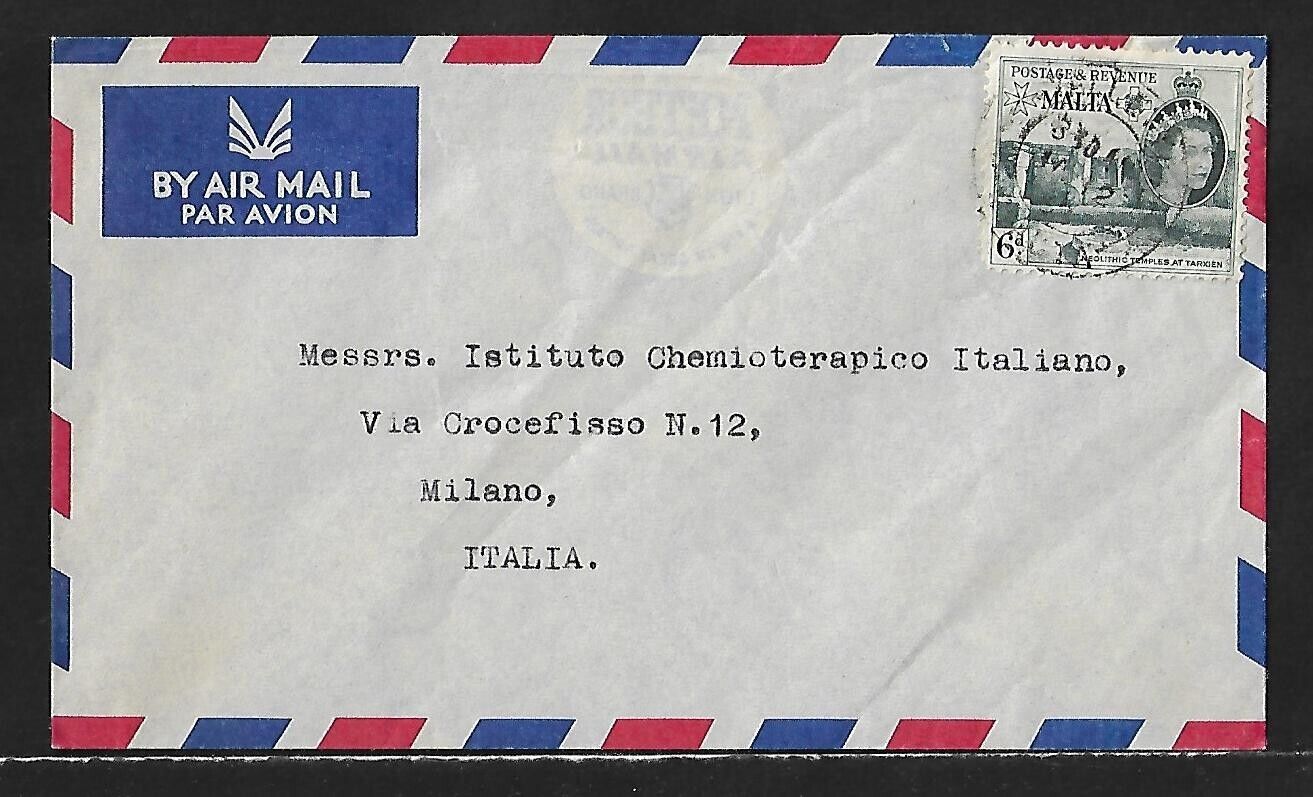-40%
GERMANY,MARECHAL PETAIN,DECEMBER 1943,IGEL TO PETAIN,VICHY GOVERNMENT FRANCE
$ 18.48
- Description
- Size Guide
Description
Registered Mail from Germany to France.from Valldicabres Joseph Bauzug 3005
Igel (Mosel) Deutschland
SCARCE MAIL TO VICHY GOVERNMENT LEADER
OF FRANCE WHO COOPERATED WITH THE
GERMANS.
World War I hero at Verdun who in World War II
betrayed his countymen.
He is pictured on French stamps of the WWII era.
add .50 for 1st class/Insured to U.S....
Philippe Pétain
From Wikipedia, the free encyclopedia
Jump to navigation
Jump to search
Marshal
Philippe Pétain
Pétain in 1941.
Chief of the French State
In office
11 July 1940 – 20 August 1944
Prime Minister
Pierre Laval
Preceded by
Albert Lebrun
(
President of the Republic
)
Succeeded by
Charles de Gaulle
(Chairman of the
Provisional Government of the Republic
)
Prime Minister of France
In office
16 June 1940 – 17 April 1942
[note 1]
President
Albert Lebrun
(until 1940)
Deputy
Camille Chautemps
Pierre Laval
Pierre-Étienne Flandin
François Darlan
Preceded by
Paul Reynaud
Succeeded by
Pierre Laval
Deputy Prime Minister of France
In office
18 May 1940 – 16 June 1940
Prime Minister
Paul Reynaud
Preceded by
Camille Chautemps
Succeeded by
Camille Chautemps
Minister of War
In office
9 February 1934 – 8 November 1934
Prime Minister
Gaston Doumergue
Preceded by
Joseph Paul-Boncour
Succeeded by
Louis Maurin
Chief of Staff of the Army
In office
30 April 1917 – 16 May 1917
Preceded by
Robert Nivelle
Succeeded by
Ferdinand Foch
Personal details
Born
Henri Philippe Benoni Omer Pétain
24 April 1856
Cauchy-à-la-Tour
,
Pas-de-Calais
,
French Empire
Died
23 July 1951 (aged 95)
Port-Joinville,
Île d'Yeu
,
Vendée
,
French Republic
Spouse(s)
Eugénie Hardon Pétain
(
m.
1920
)
Military service
Allegiance
French Third Republic
Vichy France
Branch/service
French Army
Years of service
1876–1944
Rank
Général de division
Battles/wars
World War I
Battle of Verdun
Rif Wars
World War II
Awards
Marshal of France
Military Medal (Spain)
Henri Philippe Benoni Omer Pétain
(24 April 1856
[1]
– 23 July 1951), generally known as
Philippe Pétain
(
/
p
eɪ
ˈ
t
æ̃
/
,
French:
[filip petɛ̃]
),
Marshal Pétain
(
Maréchal Pétain
) and sometimes
The Old Marshal
(
le vieux Maréchal
), was a French
general officer
who attained the position of
Marshal of France
at the end of
World War I
, during which he became known as
The Lion of Verdun
(
le lion de Verdun
). He then served as
Chief of State
of the
French State
from 1940 to 1944. Pétain, who was 84 years old in 1940, ranks as France's oldest head of state.
During World War I, Pétain led the French Army to victory at the nine-month-long
Battle of Verdun
. After the failed
Nivelle Offensive
and subsequent mutinies he was appointed Commander-in-Chief and succeeded in repairing the army's confidence. Pétain remained in command for the rest of the war and emerged as a national hero. During the
interwar period
he was head of the peacetime French Army, commanded joint Franco-Spanish operations during the
Rif War
and served twice as a government minister. During this time he was known as
le vieux Maréchal
(The Old Marshal).
With the imminent
Fall of France
and the Cabinet wanting to ask for an armistice, on 17 June 1940 Prime Minister
Paul Reynaud
resigned, recommending to President
Lebrun
that he appoint Marshal Petain in his place, which he did that day, while the government was at
Bordeaux
.
[2]
The Cabinet then resolved to sign armistice agreements with Germany and Italy. The entire government subsequently moved briefly to
Clermont-Ferrand
, then to the
spa town
of
Vichy
in central France. The government voted to transform the discredited
French Third Republic
into the
French State
, an authoritarian regime that collaborated with the Axis. After Germany and Italy
occupied and disarmed France
in November 1942, Pétain's government was obliged to work very closely with the
German military administration
.
After the war, Pétain was tried and convicted for
treason
. He was originally sentenced to death, but due to his age and World War I service his sentence was commuted to life in prison. He died in 1951. His journey from military obscurity, to hero of France during World War I, to collaborationist ruler during World War II, led his successor
Charles de Gaulle
to write that Pétain's life was "successively banal, then glorious, then deplorable, but never mediocre".
